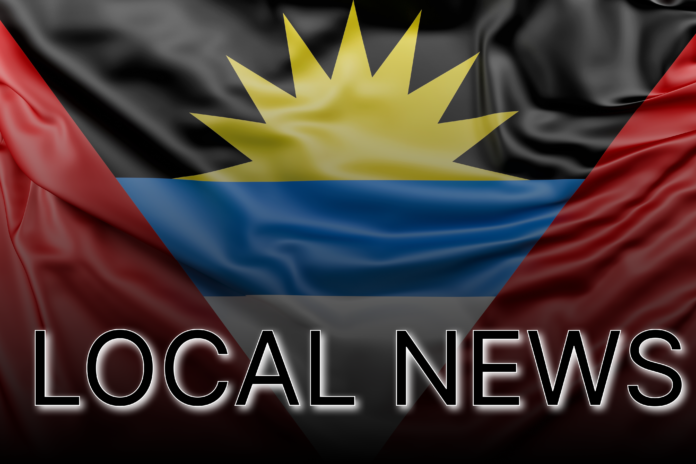Record 280 submissions under the theme: “A Safer Planet for Every Child”
Jamaican Abigay Dunkley, Vincentian Belle Adams, and Trinidadian Serenity Rampersad walked away with the three top prizes from the 18th Caribbean Child Research Conference which concluded last week in Antigua and Barbuda.
Held at the Five Islands Campus of the University of the West Indies from 29 to 30 November, the conference under the theme “A Safer Planet for Every Child”, attracted hundreds of children, both virtually and in-person.
According to a release from the Barbados-based UNICEF Office for the Eastern Caribbean Area, the main highlights of this year’s event were the research, essay and poster competitions which attracted a record 280 student submissions covering a range of critical child rights issues including climate change, mental health and violence.
Dunkley earned first place in the highly coveted research competition for children 15-17 with a paper on “The Dangers of social media on the safety of adolescent females in Jamaica”. Danique Haughton, also from Jamaica and Razonique Looby of Antigua and Barbuda finished second and third, respectively.
Adams took home the top prize for the essay competition with a composition titled: “Our voice counts in addressing climate change”, while Kezia Alexander of Grenada finished second and Lynn Exume of St Vincent and the Grenadines was third.
The poster competition was won by Rampersad, followed in second and third place by fellow Trinidadians Raiya Ramperine and Farayal Ali.
In his feature address, UNICEF Representative for the Eastern Caribbean, Pieter Bult revealed the region was lagging in its pursuit of the Sustainable Development Goals, particularly in areas like climate, poverty and the protection of women and children. However, he believes the children of the region hold the answers to many of those problems.
“Children and young people have brilliant ideas about how to make progress on these issues, and how to fix things. But adults are often not listening,” said Mr Bult. “At UNICEF, we are working with children to try to change that paradigm.”
In addition to the submissions made during the competitions, Caribbean young people engaged in robust discussions around the creation of healthy school environments, the rights of children with disabilities, and the state of education in the region.
Organisation of Eastern Caribbean States (OECS) Director General Dr Didacus Jules said the conference was rooted in the principles of the Convention on the Rights of the Child and that children had a key role to play.
“These young people are not just the future; they are the vibrant present leading the charge in exploring and asserting their rights,” Dr Jules stated.
Antigua and Barbuda’s Minister of Education, Sport, and the Creative Arts, Daryll Matthew acknowledged the contributions of youth activists. He revealed the intention to promote further youth engagement by establishing national student councils at the primary, secondary and tertiary levels.
“We are making strides to bring our youths to the table to assist us in shaping their today and their tomorrow,” the minister said.

